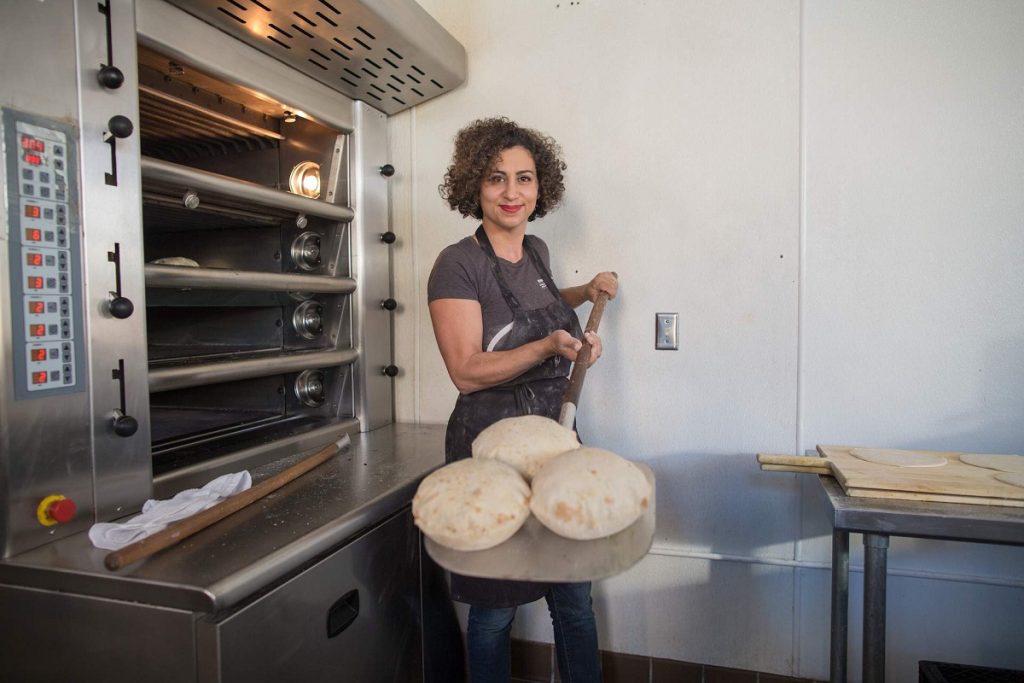Palestinian restaurants across the United States are emerging as much more than places to eat. They have become cultural spaces, advocacy platforms, and centers of solidarity, especially amid growing awareness of the humanitarian crisis in Gaza. For many Palestinian restaurateurs, serving food is deeply tied to preserving identity, telling humanizing stories, and proving that their heritage is more than political headlines.
Embracing Palestinian Identity Through Food
For decades, many restaurant owners avoided labeling their businesses as “Palestinian,” choosing broader terms like “Mediterranean” or “Middle Eastern” to avoid stigma. That trend is shifting.
In Kansas City, Missouri, Baba’s Pantry opened in 2021 with the decision to proudly identify as Palestinian. Co-founder Kamal Kamal explained that this choice was about embracing authenticity and celebrating diaspora culture. “We don’t have access to all the ingredients from home, but this is our story,” he said. For their community, food became a bridge toward understanding Palestinians as people with rich traditions, not stereotypes.
Restaurants as Spaces of Resistance and Support
In Bridgeview, Illinois, home to a large Palestinian community often referred to as “Little Palestine,” Holy Buckets has faced challenges ranging from online harassment to theft of donation funds. Despite this, the owners have continued campaigns such as “Pizza for Palestine,” where 100% of sales were donated to humanitarian aid. They also provided meals to students supporting Gaza through campus demonstrations.
For them, food is not just nourishment but a means of activism and awareness-building. “You can’t change the world overnight,” co-founder Luaey Issa shared, “but you can start by educating people and bringing them together over food.”
Building Coalitions Through Hospitality
In San Francisco, California, Reem’s California has taken Palestinian cuisine to a national stage. Founder Reem Assil, whose family history traces displacement from Jaffa to Gaza and Beirut, has faced backlash for being outspoken about her Palestinian identity. Still, she insists on using food as a tool of resistance.
Through initiatives like Hospitality for Humanity, she and other food professionals advocate for a ceasefire and humanitarian relief while hosting solidarity dinners that connect Palestinian struggles with those of other communities, including Black, Indigenous, and Cambodian groups.
Assil believes that food influences culture, and culture influences policy. Restaurants, she says, are “third spaces” where people can connect, learn, and take action.
The Power of Palestinian Cuisine in America
Palestinian food—whether hummus, falafel, musakhan, or maqluba—has always held the power to bring people together. But in today’s America, these restaurants are not only feeding communities but also challenging stereotypes, fostering dialogue, and raising awareness about justice and humanity.
For many owners, the mission goes beyond profit: it’s about creating a human connection through food. As one restaurateur explained, “We’re not automatically given the benefit of being seen as human. Through food, we prove our humanity.”

